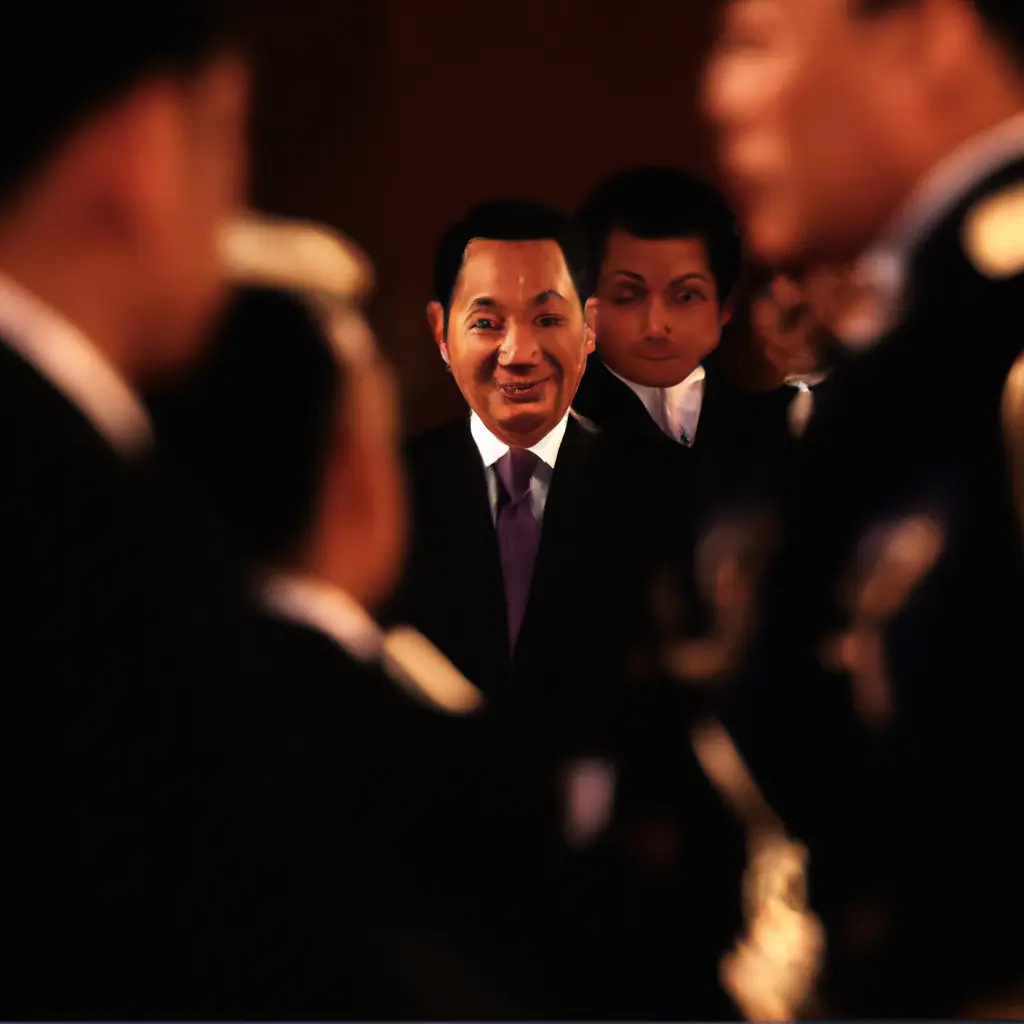Thailand's investment in China still on the upside, new PM goes to Beijing.

Chinese investment in Thailand is gaining momentum this year despite an economic slowdown in the Asian giant, a welcome boost for the country's new prime minister who arrived in Beijing this week to strengthen relations with its biggest trading partner.
The fragile recovery of the world's second-largest economy has alerted financial markets in 2023 as investors worried about its impact on global growth, although Thailand has been able to maintain its appeal as an important investment center, including for growth-hungry Chinese companies.
Thailand received foreign investment applications worth 365.2 billion baht ($10.1 billion) from January to August, up 73 percent from the same period last year, with Chinese companies investing 90.3 billion baht, almost three times more than a year earlier, the Thailand Board of Investment (BOI) said.
Investment pledges from second-place Singapore, totaling 76.4 billion baht, also mostly came from companies originally from China, BOI secretary-general Narit Terdstersukdi said.
"And if you look at the monthly statistics, Chinese investment is still increasing," he told Reuters. "So I can see that in the next two or three years, Chinese investment will increase dramatically in Thailand."
Net foreign direct investment into Thailand from China rose 56 percent year-on-year to 25.1 billion baht in the first six months of this year, central bank data showed.
This wave of investment in Thailand comes at a time of growing fears about China's slowing economy and is a boost for Thai Prime Minister Sretta Thavisin, who promised to turn around Southeast Asia's second-largest economy when he took the helm in August.
Thailand's central bank expects economic growth to accelerate to 4.4% in 2024, up from a forecast of 2.8% this year.
Sretta told reporters before flying out Monday that his three-day visit to Beijing, centered around a forum on China's Belt and Road Initiative, would include a discussion on electric vehicles.
The prime minister met with Xiaomi Corp (1810.HK) Chief Executive Alain Lam on Tuesday as the smartphone maker works toward its goal of launching electric cars early next year.
"The company is looking for manufacturing facilities for further growth in many areas, including electric vehicles," said a Thai government official.
Chinese electric vehicle manufacturers, including BYD (002594.SZ) and Great Wall Motor (601633.SS), have committed to investing at least $1.44 billion in new facilities in Thailand, turning the country into a regional hub for electric vehicle production.
Thailand is already the largest manufacturing hub for internal combustion vehicles in Southeast Asia, home to major facilities of Japanese automakers, including Toyota Motor (7203.T) and Isuzu Motors (7202.T).
However, a significant portion of the 228 proposals for Chinese investments this year has gone to the electronics sector, BOI reported.
"We have good relations with all countries," Narit said.
WHA Group (WHA.BK), the largest industrial park in Thailand, stated that it is not seeing a slowdown in business with Chinese companies, which will help it achieve record land sales for the second consecutive year.
“They come every week,” said Jareeporn Jarukornsakul, the CEO, to Reuters. “There are really a lot of them.”
Chinese investments are likely to continue over the next two years, said Yariporn.
"This is a golden opportunity."
Comment
Popular Offers

Subscribe to the newsletter from Hatamatata.com!
Subscribe to the newsletter from Hatamatata.com!
I agree to the processing of personal data and confidentiality rules of Hatamatata








